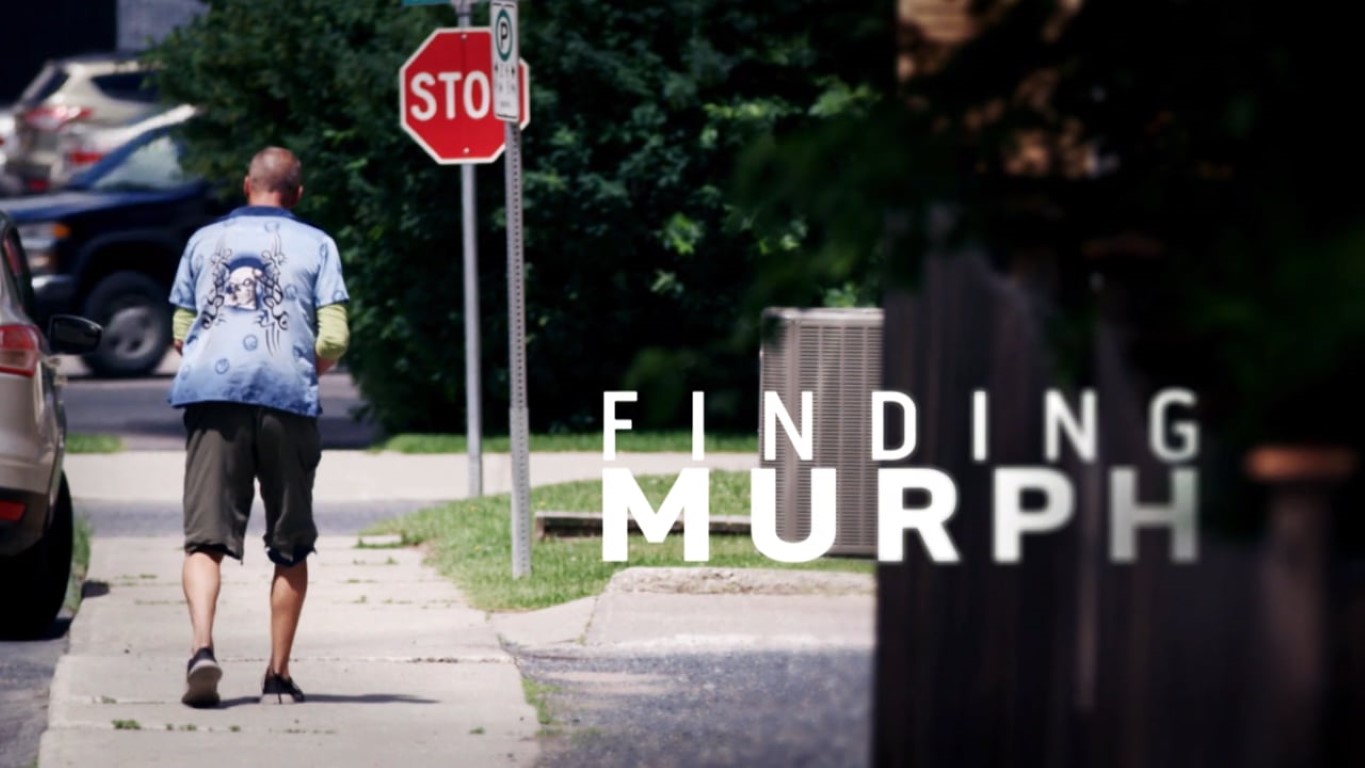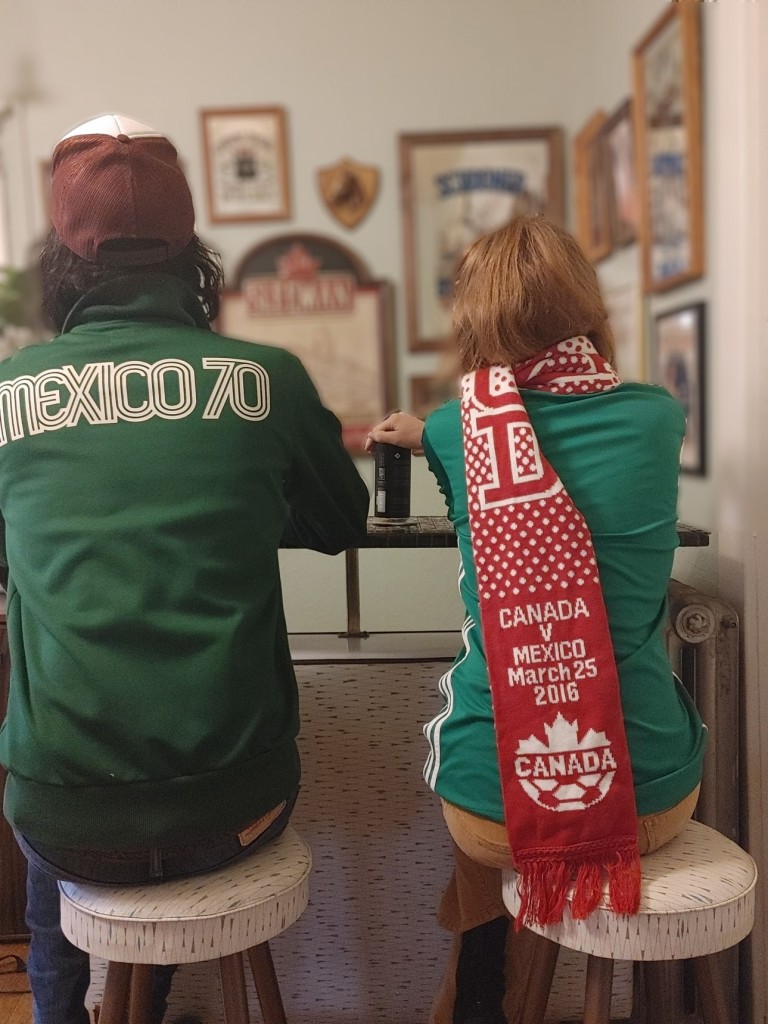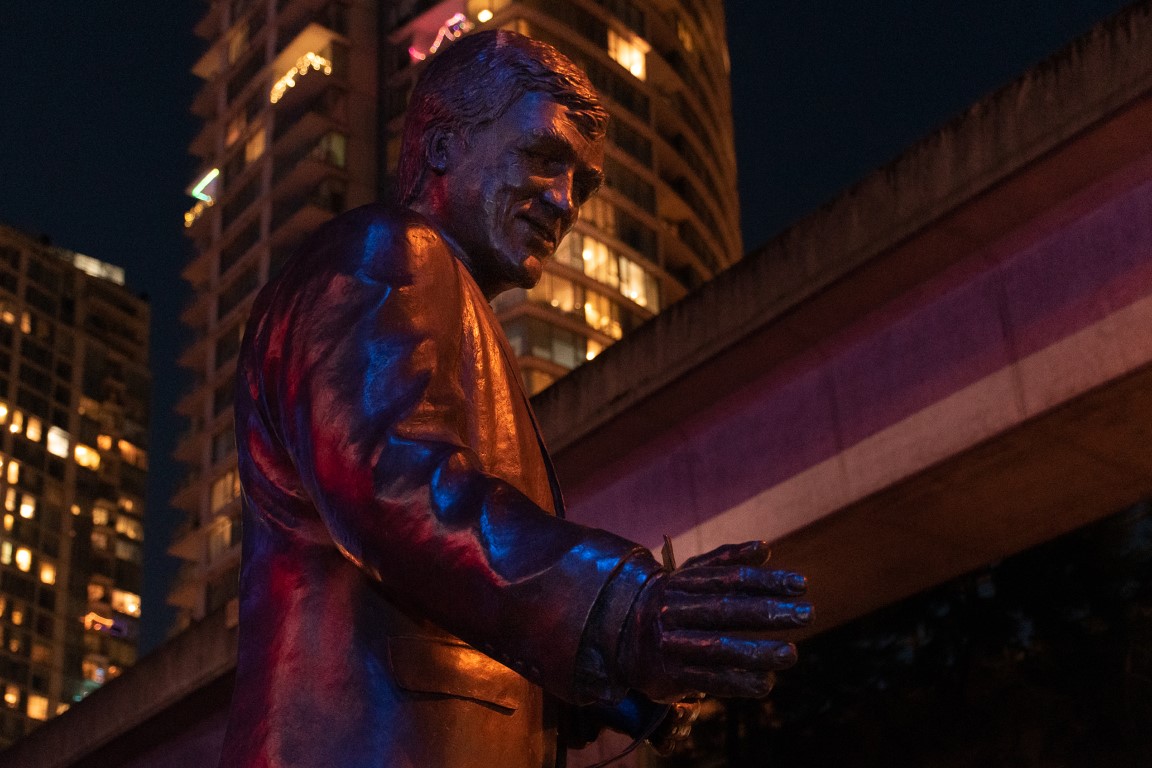
Several high-profile athletes and their environmental causes
By Brandon Yip, Senior Columnist
“To run with the people who watch over wildlife when we sleep at night and take care of rhino and elephant, is actually an honour.”
– Eliud Kipchoge
The late legendary comedian, George Carlin, believed environmental issues would not impact the planet; he stated “The planet is fine. The people are fucked.” And since this issue pertains to the environment, in the sports world, that environment is normally filled with loud enthusiastic fans sitting in packed stadiums. But some athletes have chosen to step outside the sporting environment taking on numerous “green” causes to protect the earth. Here are a few athletes who have been prominent in taking on environmental causes, while making a notable impact in their respective sports:
Lauri Markkanen
Markkanen is a forward for the NBA Chicago Bulls and has been for the past four seasons. The Finland-born athlete has devoted himself to living an eco-friendly lifestyle while encouraging his fans to do the same. Markkanen recycles, drives an electric car, and lowers his electricity use. As well, he stopped eating red meat as a way to decrease his carbon footprint. In an interview with ESPN, he stated, “After becoming a father, protecting our planet and combating climate change has become a priority to me. I want to do everything in my power so that my child will grow up in a clean environment, like I did.”
Hannah Mills
Mills is a British sailor and a two-time Olympian. In 2019, she launched the Big Plastic Pledge with the backing of the International Olympic Committee (IOC). The charity was formed to combat plastic pollution in the ocean through sport. The BPP challenges athletes, fans, and sports event organizers to carry out one of the three main pledges to lower the use of single-use plastics. Mills told Olympic.org in 2019, “I think, as athletes, we have such a platform to change people’s habits and demand more from our sporting events and [organizers]. If we unite together, our voice can be so loud and powerful that we really can change people’s attitudes globally.”
Eliud Kipchoge
Kipchoge is the world’s fastest marathoner, and he proved why he is winning back-to-back Olympic gold medals in the marathon event (2016 in Rio and 2020 in Tokyo). Kipchoge, when he is not running, commits his time to saving wildlife at the Lewa Conservancy in Kenya. The pandemic resulted in the cancelation of the sanctuary’s annual Lewa Safari Marathon (replaced by a virtual marathon). In May 2021, Kipchoge traveled to Lewa to do a preliminary run with six rangers as a way of supporting both the virtual marathon fund drive and Kenyan wildlife. Kipchoge told Runner’s World, “It means a lot to me to run with rangers. To run with the people who watch over wildlife when we sleep at night and take care of rhino and elephant, is actually an honour.”
Yao Ming
Yao Ming played eight seasons in the NBA with the Houston Rockets. He has taken up several environmental causes since retiring in 2011. Ming became a WildAid ambassador in 2006. The eight-time NBA All-Star signed a pledge to give up eating shark fin soup. He stated in an interview with Wild Aid, “Every year there are 73 million sharks killed this way and the following problem is that when sharks are not slowly but quickly die [sic], the entire cycle in the ocean and nature will be destroyed. And also it will affect us.” WildAid has also stated that because of Yao’s awareness campaign more people have stopped their consumption of shark fin soup. As well, sales of shark fins have decreased considerably in the People’s Republic of China.
Andrew Ference
The former NHL defenceman played 18 seasons in the NHL winning a cup with the Boston Bruins in 2011. He was a dependable stalwart defenceman who was used to stopping opposing forwards from entering his team’s goal crease. Off the ice, Ference became an advocate trying to “stop” carbon emissions. He joined with Canadian environmentalist, David Suzuki, to form a carbon offset program for the NHL. In 2017, Ference was hired by the NHL for a new sustainability position. “Now the impact is just so much grander than just sitting in your house and doing a good job yourself,” Ference told NHL.com. “I’m really intrigued by some of the financial side of this, the investment side of putting together strategies for some of these big funds. That can have an incredible impact on rewarding good businesses and business with good sustainability practices.”



